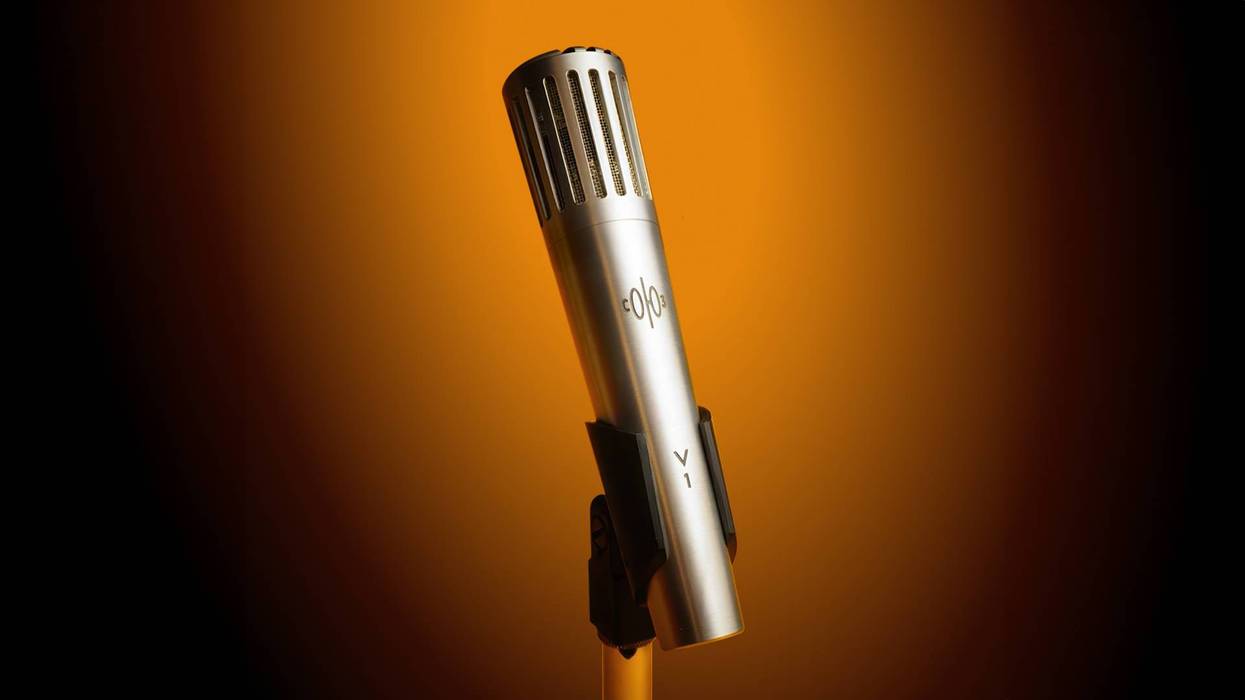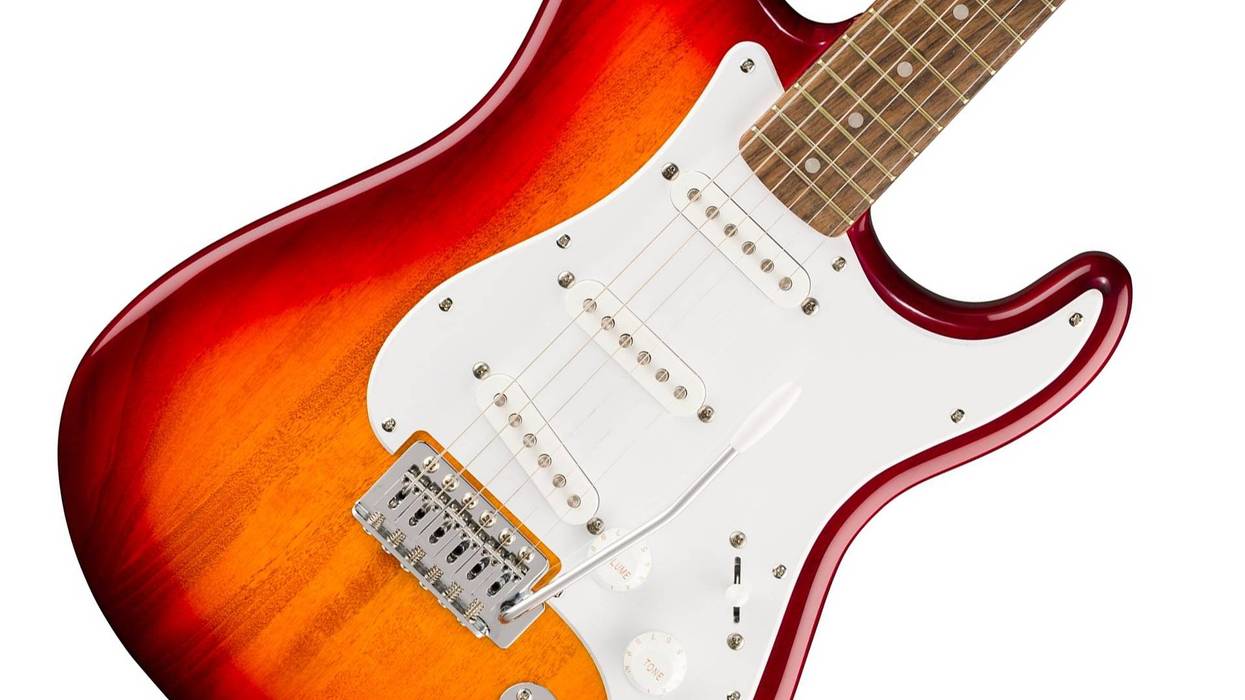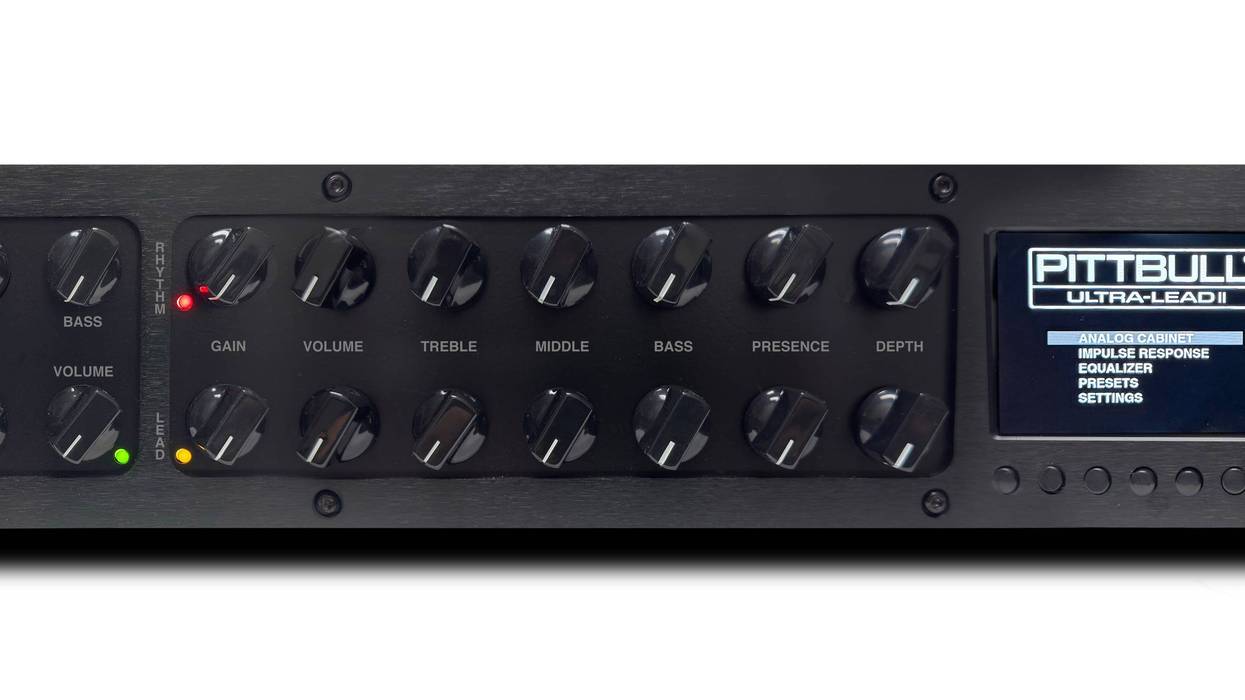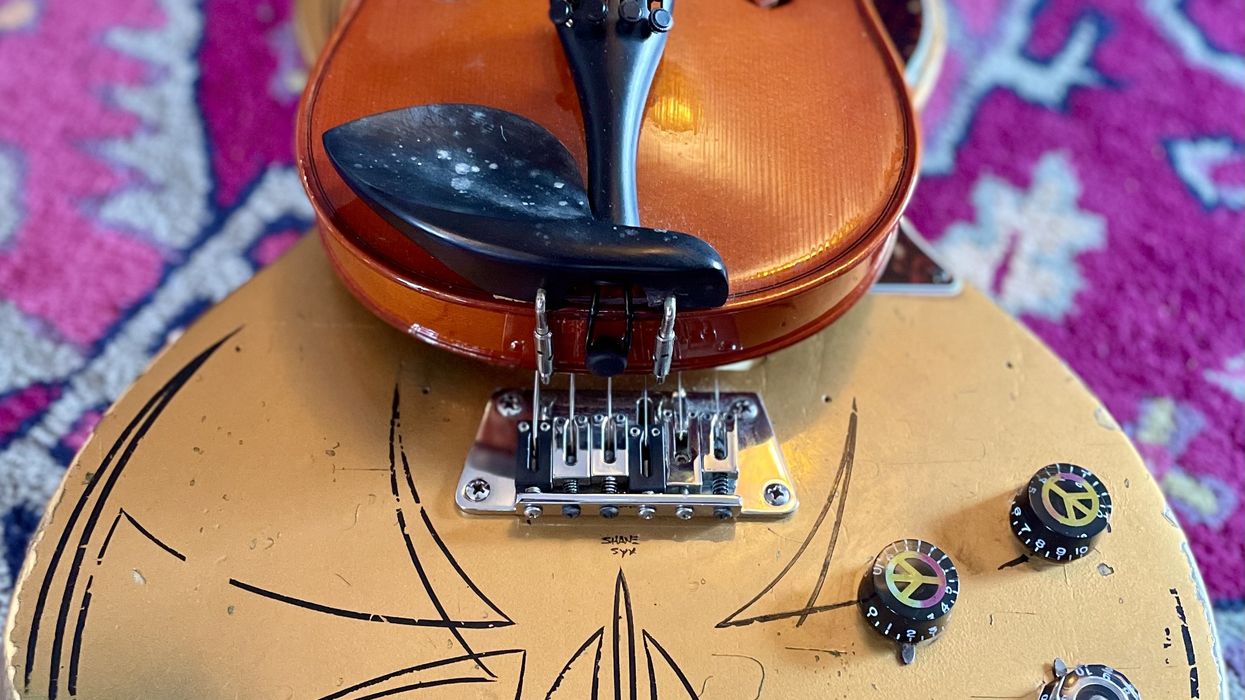Now that we’ve explored what can cause our strings to sound dull and dead (“The Mystery of Aging Strings”), let’s look at some ways to remove all the crud that’s been accumulating on them. Something to ponder before we begin: Many will say that the techniques described below aren’t worth the effort, and even though strings will sound fresher after trying one of these methods, the effect won’t last very long. But if you’re a student on a tight budget or you own several basses, investing 10 minutes to clean your strings can be time well spent, especially considering the cost of buying several new sets.
It really comes down to two schools of thought. Some players buy cheap strings, so they can change them more frequently. Others buy more expensive strings, citing benefits in playability and tone, and this higher cost makes it worth extending their utility.
Note: The following methods only work for roundwounds. And whether they’ll work for coated ones depends on the specific coating material and how it reacts to heat or alcohol. That said, there’s no harm in giving these techniques a try if your coated strings are dead anyway.
Flogging. Our first method is rather crude, but it’s fast and better than nothing. Loosen the strings until they hang limp. Now stretch one of them and let it snap back onto the fretboard. Repeat this several times for each string. If you’re concerned about protecting your fretboard and pickup covers, another option is to simply remove the strings, grab them with both hands and whack them on a table or block of wood.
This approach seems primitive but—depending on the amount of grime covering the strings—you’ll notice a difference when you tune back up again. The advantage to this brute-force technique is that it doesn’t require any accessories; the downside is that it yields a less-than-thorough cleaning.
Cooking and bathing. These are two popular and effective ways to remove dirt. There are many recipes for either cold or hot baths, and some include extra ingredients, but we’ll keep it simple: The most common variant is to boil strings in pure water, which easily removes salts (deposited from sweat) and most oils. Also, heating lets the metal expand and helps loosen gunk and clean deep down between the windings. Some “string chefs” like to add vinegar to the water to enhance the cleaning process. Remember to carefully dry your strings after cleaning them to avoid rust. (Note: Not everyone is thrilled to see you boil strings in their cooking pots, so be considerate while on tour.)
With its enhanced ability to remove all sorts of grease and oils, isopropyl alcohol provides the next level of in-depth cleaning. There’s no heat involved—this is a cold bath treatment—but we still need movement to complete the job. Find a sealable container, immerse your strings in isopropyl alcohol, secure the lid, and then shake the container for several minutes. The deluxe version of this approach is to use an ultrasonic cleaner filled with isopropyl alcohol, but it’s probably not worth investing in one of these devices unless you have other uses for it.
As solvents, water and alcohol have different cleaning properties, and each excels at removing specific types of dirt. From that perspective, it might make sense to use one technique after the other, but the outcome wouldn’t justify the extra time required.
String-cleaning lubricants. These products, which often contain silicone oils, are marketed as an alternative to our previous cleaning methods. As a lubricant, they’ll turn your fretboard into a very slippery habitat, which may or may not appeal to you. Commercial string cleaners are inexpensive, so they can be worth trying, but to me, rubbing oil between the string windings sounds like an awesome way to immediately attract and collect even more dirt. Still, many players favor this approach, so you’ll have to assess it yourself.
You can clean a set of strings more than once with any of these treatments, but at some point, you’ll have to invest in the real thing—new strings! Even though these treatments can bring back a lot of the old freshness, no cleaning will completely restore the zingy treble of virgin strings.



















